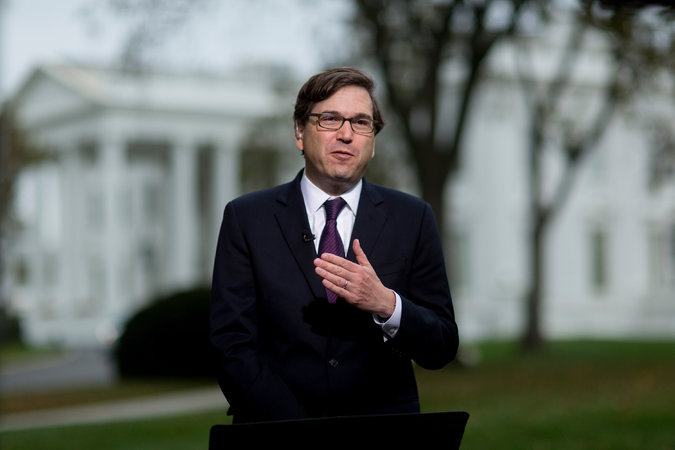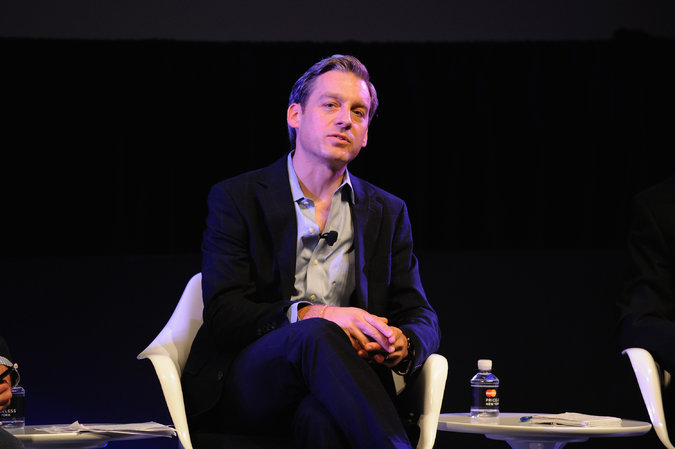The talk of monopsony is part of a shift in the policy tools that many left-of-center economic thinkers see as most promising for addressing the economic challenges of poor and middle-class Americans. Rather than focusing on policies that amount to redistribution — tax rates, the social welfare system — they are looking at how the rules of the economic game shape people’s outcomes.
Advertisement
Continue reading the main story
Some use a term for this set of policies coined by the Yale political scientist Jacob Hacker: predistribution policy. This is policy that shapes how the market works in the first place, as opposed to redistribution policy, which assumes a free market will generate growth and then uses taxes and spending to give a lift to the economy’s losers.
To understand the dueling approaches, think of a professional sports league that finds that richer, big-market teams are consistently at an advantage, making games less entertaining. One approach would be to tack on a few extra points to the small-market team’s score when it plays a larger rival. That’s the equivalent of redistribution.

The predistribution approach would examine the factors that make rich teams more competitive, and try to remedy the situation by changing the rules around, say, the league’s salary cap or the amateur draft.
“The idea is that if we’re going to deal with rising inequality and income insecurity, we can’t just let the market rip and clean up afterward,” Mr. Hacker said.
In the economic policy world, that can mean many different things. Besides the monopsony research, the Obama White House has focused on evidence that inequality is fueled by a shift away from labor unions and by corporate consolidation within industries.
Elsewhere, the Roosevelt Institute, a think tank in New York, has explored the interplay between the outsize growth of the financial industry and pay for top corporate executives and the slow growth in the typical worker’s wages. And last week, the Washington Center for Equitable Growth issued recommended strategies for the next administration, which included ensuring that the minimum wage covers workers who depend on tips, and making sure that modern supply chains do not inhibit the creation of good jobs.
“I think when I was coming up and started engaging with economic policy issues, a lot of the emphasis was on the idea that capitalism works, and that’s over on one side, and then the question is after you’ve gotten the gains from growth, if it’s a little unequal or if some people are in poverty, you can just redistribute the gains,” said Heather Boushey, the executive director of the group.
“Another way to think about it is that the interaction between policy and economics is really important, and how the gains from growth are distributed to begin with has a huge impact on the path of the economy moving forward,” she said.
Advertisement
Continue reading the main story
John Podesta, now chairman of Mrs. Clinton’s campaign, founded Ms. Boushey’s group in 2013, and Ms. Boushey is the chief economist of the Clinton transition team. The predistributionist philosophy comes through if you read between the lines of Mrs. Clinton’s economic policy proposals and speeches. She seeks, for example, to “rewrite the rules to ensure workers share in the profits they help create,” including measures like rewarding corporate profit-sharing and strengthening collective bargaining rights and antitrust enforcement.

Many of the policies under discussion — a higher minimum wage, or tougher antitrust enforcement — have long been supported by liberal economists and politicians. What has changed is that they are being emphasized as a first-order set of priorities, and as part of a unified body of work.
There are pragmatic reasons for taking this approach, too. With Republicans controlling Congress and resolutely opposing tax increases on the affluent or a stronger social safety net, redistributionist policy hasn’t been on the table politically. That has left the Obama administration looking for other ways of dealing with rising inequality.
Jason Furman, chairman of the White House Council of Economic Advisers, acknowledged a variety of reasons for the shift. “One is the increased understanding among economists about the increasing concentration in the economy and the ramifications that can have for some of the biggest problems we face,” he said.
First Draft
Political news and analysis from the staff of The New York Times.
Thank you for subscribing.
An error has occurred. Please try again later.
You are already subscribed to this email.
But it’s no accident that the administration can use administrative tools, such as the Labor Department’s rules requiring more workers to receive overtime compensation, to shape policy even when Congress is deadlocked. “It’s an area where we can actually do something,” Mr. Furman said.
If liberal economists keep focusing on these issues, and if Mrs. Clinton is elected and indeed makes market structure, labor rules and other predistribution policies a top economic priority, there are more subtle risks.
For example, there’s always a temptation to overrate the benefits of whatever policy you favor as a solution for all that ails the economy. Among conservatives, this may take the form of arguing that tax cuts will solve every problem. Liberal economists may be engaging in wishful thinking of their own as they suggest that more powerful labor unions generate not just higher wages but stronger productivity growth and a faster-growing overall economy.
“I certainly think these are important things to think about, but I guess the question is whether they’re first-order or not,” said Michael Strain, an economist at the American Enterprise Institute. “When I think about the biggest challenges facing the U.S. economy, monopsony is not one of them.”
And adjusting taxes and spending has the advantage of directness, even if it is a political nonstarter. It is much less certain just what policies focused on predistribution would do. Tweaking overtime rules or preventing mega-mergers might help reduce inequality, in other words. But raising taxes on the wealthy and using the money to increase benefits for the working class definitely would.
Continue reading the main story
Article source: http://www.nytimes.com/2016/11/06/upshot/monopsony-liberal-economics-policy-hillary-clintons-agenda.html?partner=rss&emc=rss
Speak Your Mind
You must be logged in to post a comment.